If you are thinking of moving to France with your family, or even if you are just curious, you may be wondering what day-to-day life in France is like with a family.
As a North American living and raising a family in France for more than 10 years, I can tell you that there are some things that are quite different, a bit funny, and even perplexing. So let’s get to the some interesting facts about what family life in France is really like, shall we? Allons-y!
- 1. The French nuclear family
- 2. Many people live together and have children before marriage.
- 3. Marriages have to be civil ceremonies.
- 4. Legal unions ("PACS") are very popular.
- 5. Women keep their maiden names.
- 6. Having a baby in France is very low-key.
- 7. Both parents get parental leave.
- 8. Children don't have school on Wednesdays.
- 9. Role of the father and mother in France.
- 10. Meal times are highly regimented.
- 11. Work and Family time on weekdays is a juggling act.
- 12. Vacations are important.
- 13. Cheek-kissing is more important than hugs.
- 14. French parents rarely post on social media.
- 15. Children are advised to be "sage".
- 16. Big families get special benefits.
1. The French nuclear family
A recent government study shows that approximately 66% of French families are “traditional” families where children are living with both parents under the same roof.
Approximately 25% of families are single-parent, while 9% are blended families. In addition, approximately 3% of families are made up of same sex partners.
A famous saying in French by author Honoré Balzac goes: “La famille sera toujours la base des sociétés”, meaning “The family will always be the basis of societies.”
2. Many people live together and have children before marriage.
When choosing to form a family, most French people these days choose to meet, date, and then live together for years before marriage. Statistics show that the average age of a person getting married in France is 35.8 years old.

Indeed, many couples in France who are in long-relationships choose to have children before getting married as marriage is not legally or culturally required.
3. Marriages have to be civil ceremonies.
In France, marriages are not legal unless they are performed at the local mairie (townhall) by a government official. In addition, these civil ceremonies must take place in the town that the person lives in or their parents.
Both heterosexual and same-sex couples are entitled to legally get married in France.
After the civil ceremony, many French people choose to celebrate their wedding with a religious ceremony in a church. And for something more fancy, a wedding in a château is not out of the question.
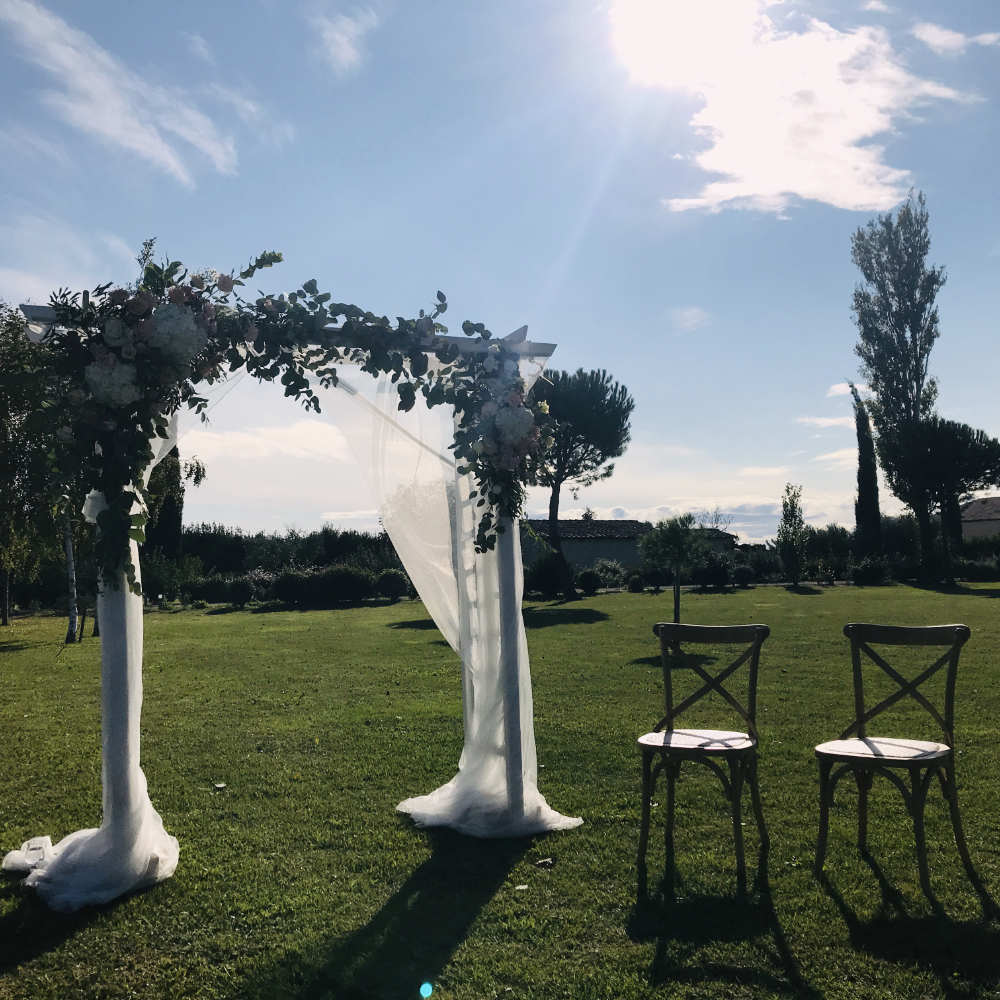
4. Legal unions (“PACS”) are very popular.
For those French people reluctant to tie the knot but still form a family, the legal union known as a PACS is very popular. It stands for “Pacte civil de solidarité”.
It is a civil union with less rights and legal protections than marriage and is easier to dissolve. The PACS union is also is officiated by the mayor at the local town hall.
5. Women keep their maiden names.
Unlike in many other countries, French women always keep their maiden names after marriage. However, they can choose to add their spousal name as well. On official documents, it looks like this:
- Nom de jeune fille: Maiden name
- Nom d’epoux: Married name
All official documents such as the passport, visa, social security ID, driver’s license, etc are issued with both names included.
In addition, any children born in France can receive either one parent’s name or a combination of both parents’ names.
The choice is made at the time of the birth of the first child in the family. Any subsequent children born within the family must have the same name as their full sibling.
6. Having a baby in France is very low-key.
After becoming pregnant, most French people do a very low key announcement to their friends, usually over drinks (non-alcoholic of course), and that is it.
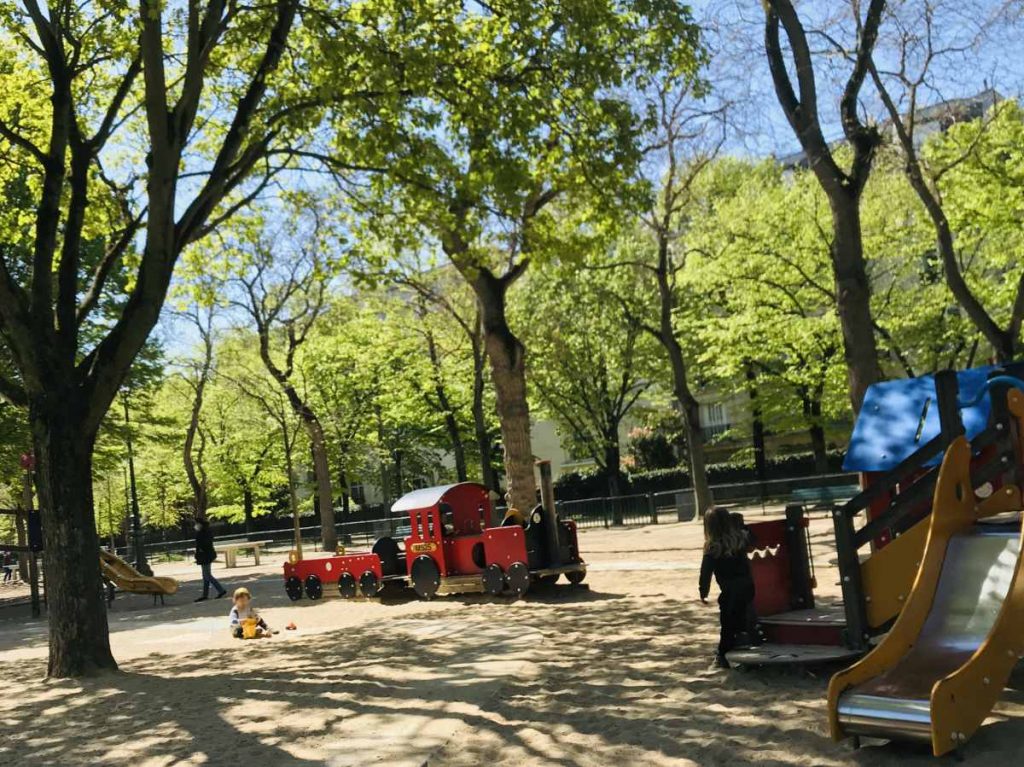
There are no gender-reveal parties or baby showers, or any other such extravaganza. It can be considered bad luck. A baby shower may be held among coworkers and friends after the birth, but it is also usually quite low key.
7. Both parents get parental leave.
Paid maternity leave in France is 16 weeks for the mother and usually starts 6 weeks before the due date. There can also be additional time an employer has negotiated with your union, similar to how French people negotiate vacation time at work.
In addition, the father (or non-birthing partner) is also given 4 weeks parental leave. The benefits of both maternity and paternity leaves are capped, however larger companies will top up the payments to the person’s regular salary.
8. Children don’t have school on Wednesdays.
One interesting complication when it comes to family life is that most French preschool and primary school students don’t have school on Wednesdays. It is supposed to be the day for extra-curricular activities, to rest, etc.
This means that parents across France who work have to organize daycare for their children on Wednesdays. In some cases, baby sitters are hired to take children from one extra-curricular activity to another.
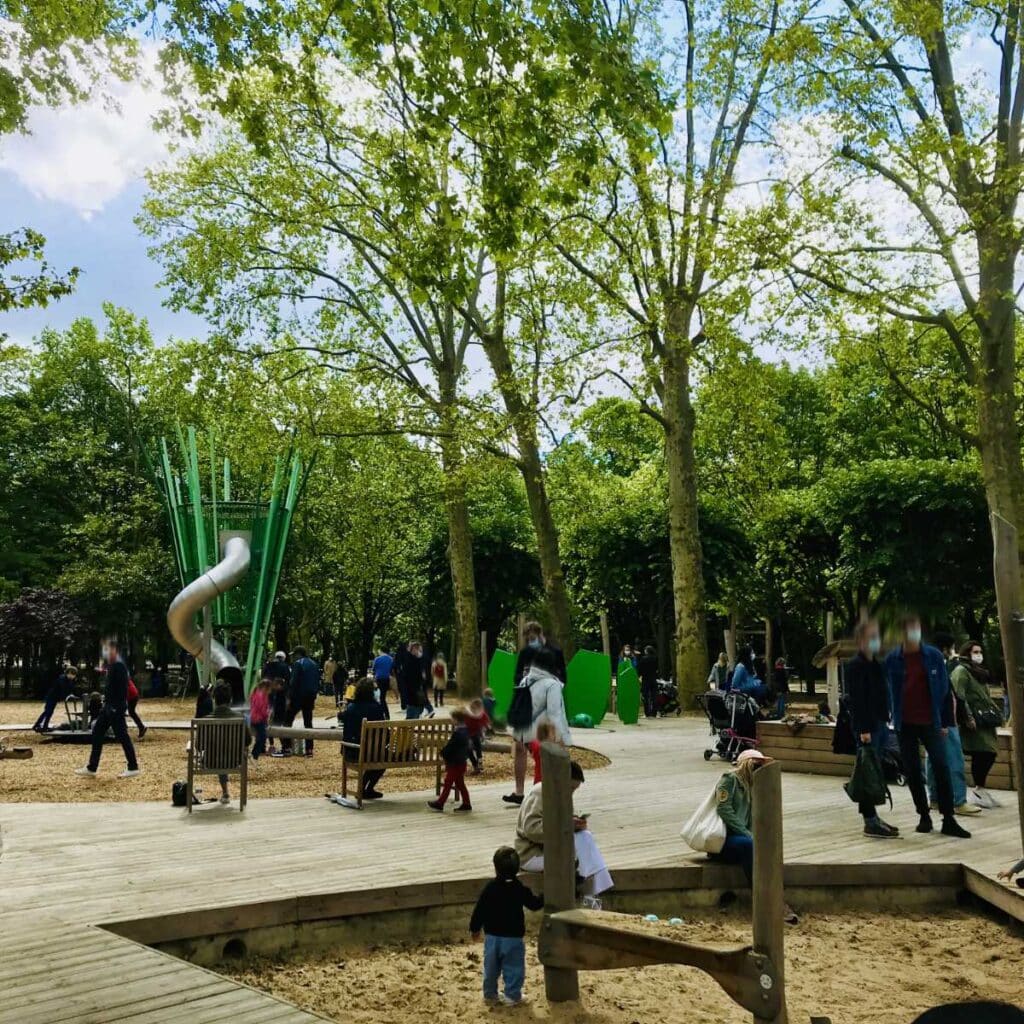
In junior high (collège) and secondary school (lycée), the schedule is much more variable depending on the school. Some schools have classes on Wednesday, for a 1/2 day or full day, while others even have classes and exams on Saturday mornings.
Families in France usually have to try to work around their children’s schooling schedules, which is not the easiest.
9. Role of the father and mother in France.
France is making strides in terms of improving equality between the birthing mother and non-birthing father (or partner), but the differences in parental leaves is clearly not the same.
Mothers are encouraged to return to work after their maternity leaves, with a system of daycare créches and assistant maternelles in place.
However with Wednesdays being off for schools, many French families have the lower-earning parent take Wednesdays off to manage the children.
10. Meal times are highly regimented.
One topic the French take very seriously is food. Meal times are highly regimented and snacking is heavily discouraged. Mealtimes include breakfast, lunch, and dinner, along with a 4:30pm after-school snack for children. And that is it.

Adults usually take a break around 10am and 3pm for a coffee or tea, but there is usually no snack. For both adults and children, snacking outside mealtimes is highly discouraged. The French diet, if you will.
I should note however that snacks for children don’t have to be particularly healthy and can vary widely from all sorts of cakes, pastries and gourmandises.
11. Work and Family time on weekdays is a juggling act.
The normal workday for an office worker in France starts anywhere from 8 – 9:30 am. And he/she usually doesn’t leave until 6:30-7:00 pm. (The French 35-hour work week is a bit of a myth.)

This means that young children often stay at school late in after-school programs (on Mon, Tues, Thurs, Fri). Some French parents decide to hire a babysitter to bring the children home early after school.
Because of these long working hours, quality family time in the evenings in France can be difficult, especially in big cities like Paris where a lot of time is spent commuting.
More emphasis is being put on work-life balance these days with “work-from-home” policies, but presenteeism at the office is still a problem.
☞ READ MORE: Paris and its suburbs: Where to live with a family
12. Vacations are important.
Because French people rarely work 35-hours a week, the extra hours worked are reimbursed by longer vacations.
French law mandates a minimum of 5 weeks vacation per year. However most French people get anywhere from 6-10 weeks annual leave depending on their profession and where they work. And this is on top of paid public holidays.
In addition, schools are off for holidays after every 6 weeks for 2 weeks. This means there are 2-week school holidays every October, December, February, and April, in addition to the summer break.
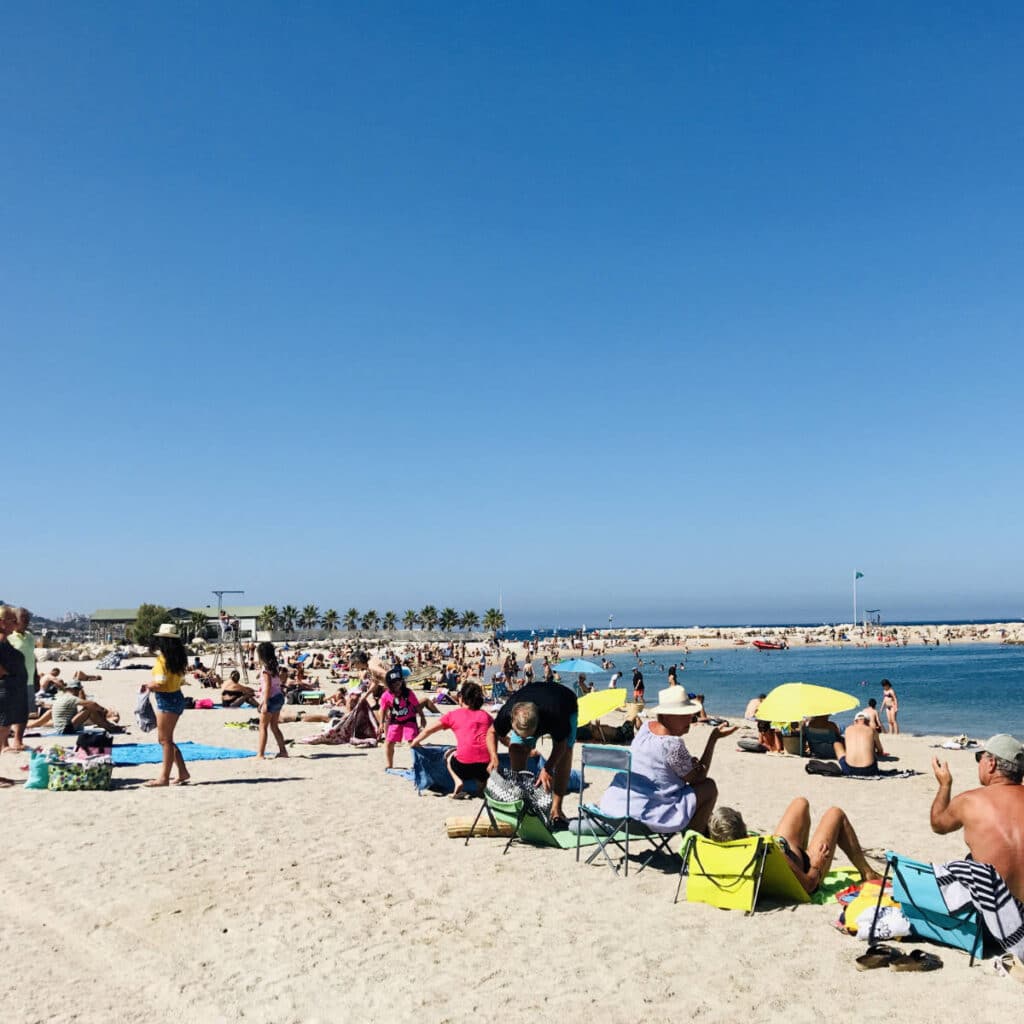
Most French families often go to visit relatives or go to their residence secondaires (2nd homes) during the long holidays.
If the children have a holiday and the parents do not, the children head to stay with their grandparents or to a centre de loisirs (camp) held in school premises.
In addition, statistics show that over 50% of French parents go on small vacations, like long weekends without kids. The kids are generally confided to the grandparents.
Generally on holiday people enjoy spending time outdoors, enjoying nature, hiking, and pursuing hobbies and interests. The beach towns around the south of France and along the western coast are particularly popular for French holidaymakers.
13. Cheek-kissing is more important than hugs.
Among extended families in France, kisses on the cheek are generally exchanged as a greeting. The number of kisses depends on the region within France:
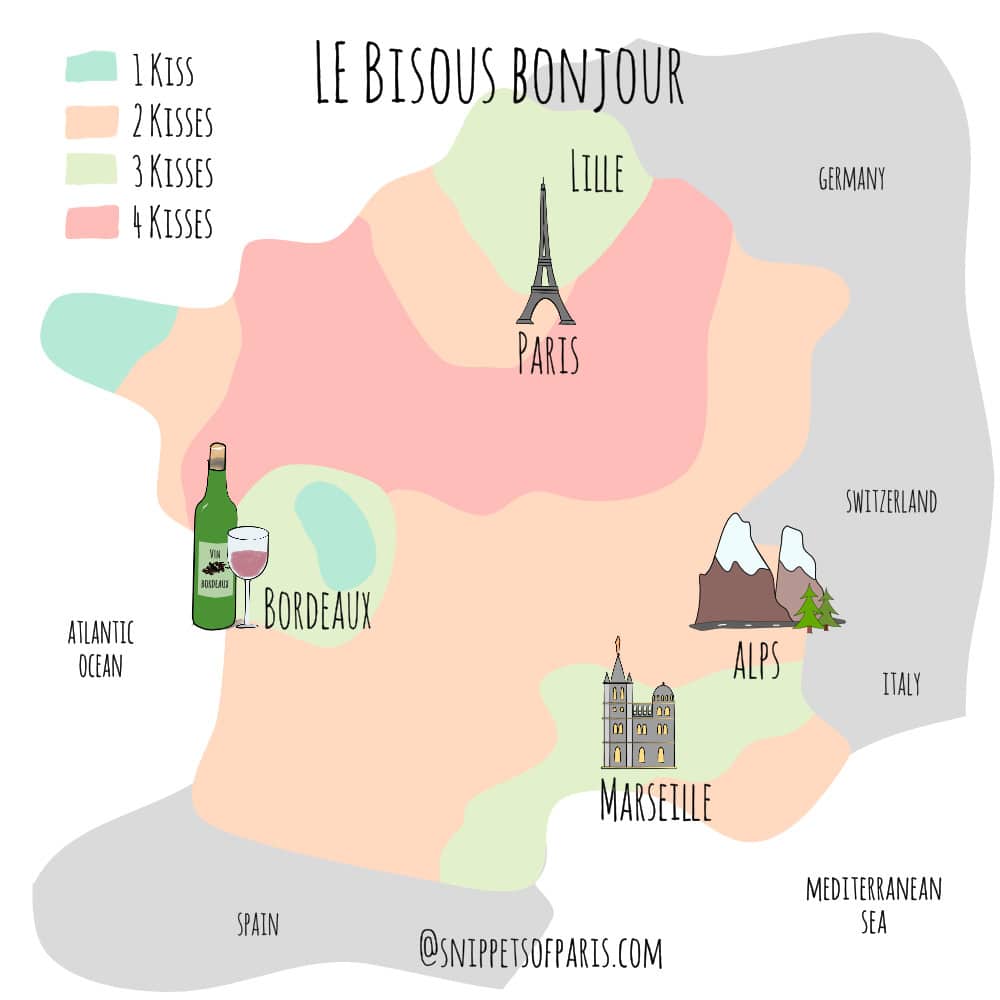
Hugs are not as ubiquitous as in North America. In France, children will even greet their parents or grandparents every morning with a couple of kisses on the cheek.
14. French parents rarely post on social media.
While French parents may not do baby showers, they rarely do Facebook photos or Instagram for their children’s photos either.
And amongst French parents, friends, and colleagues, it is quite rare to see a back of a child’s head on social media. More common, if you were only relying on social media, you may not even know that the person has a child!
Hootsuite and the Digital Marketing Institute reported that on average, French people spend 40% less time on Facebook than in the U.S.
15. Children are advised to be “sage”.
French parents regularly tell their kids “sois sage!”, usually when they are being little terrors.
Even small children are taught the same greeting etiquette and manners as adults. At family get-togethers and parties, children are generally expected to eat the same food as the adults and to participate in all the activities.
16. Big families get special benefits.
These days large families with 3 kids or more in France are officially recognized with the status famille nombreuse. With the status, there are tax credits, reductions on transport, and all sorts of other benefits that are offered by state and local French governments.
There is also a Medal given to families having at least 4 children. There used to be 3 classes of medals:
- bronze for those raising four or five children
- silver for parents of six or seven children
- gold for those with eight or more children.
These days there is only a bronze medal awarded. For the family to get the medal, the parents have to apply to the local Town Hall (Mairie) when the oldest has reached the age of 16. The Mairie will then investigate that the “children are brought up well”, and then decide whether or not to award the medal.
In case you are wondering, France has the highest birth rate across Europe at just under 2 children per woman.

If you enjoyed that article, you may like to read more about living in Paris. A bientôt!




